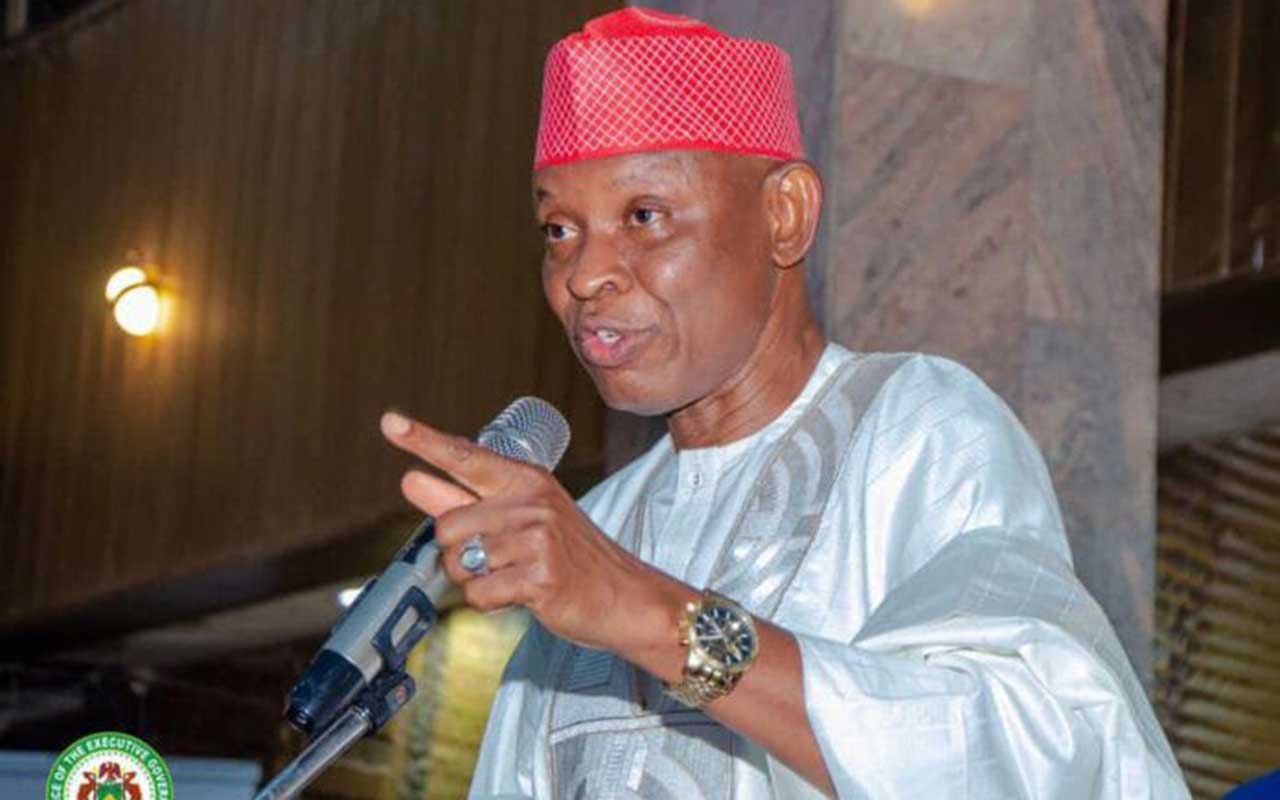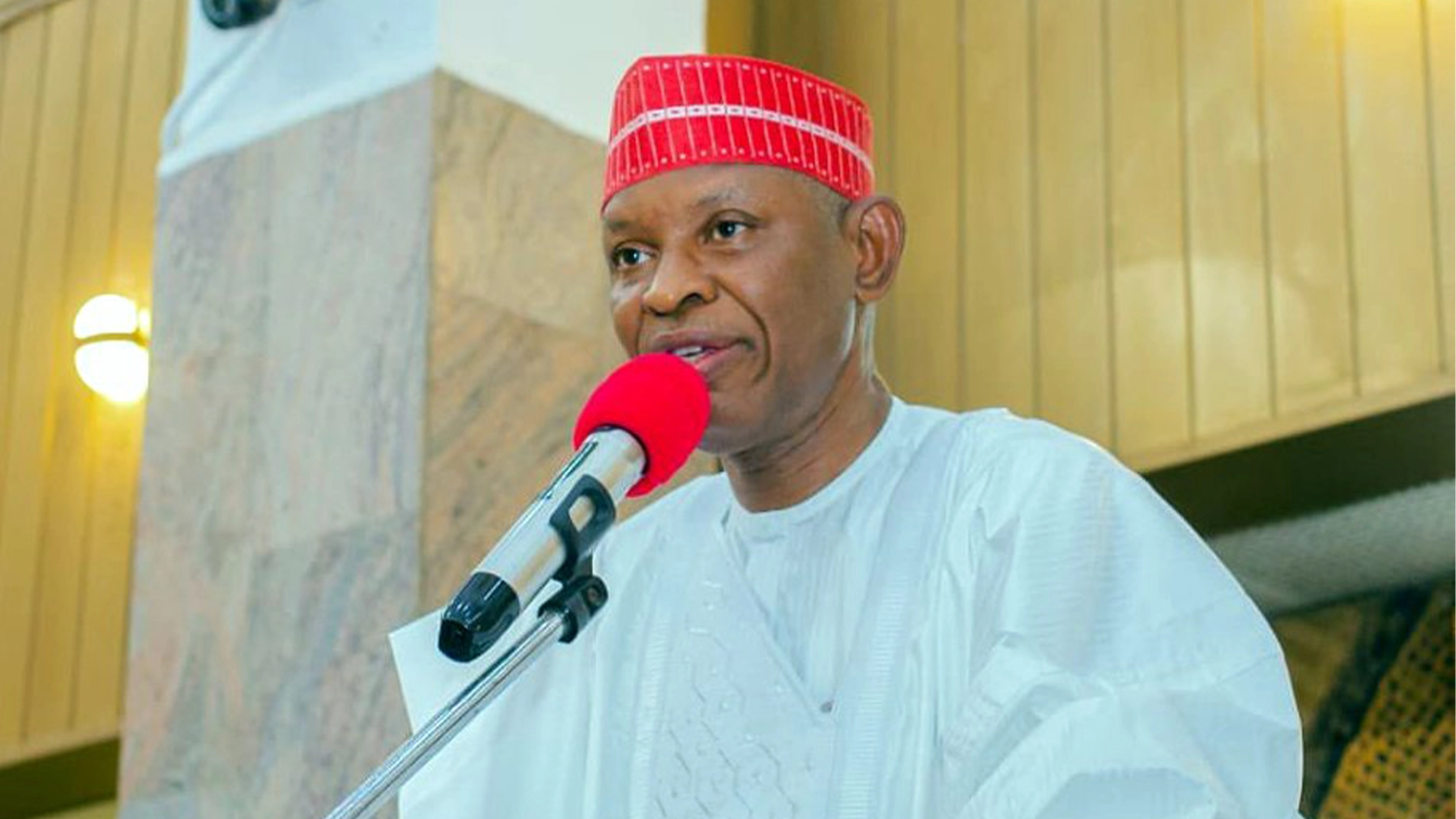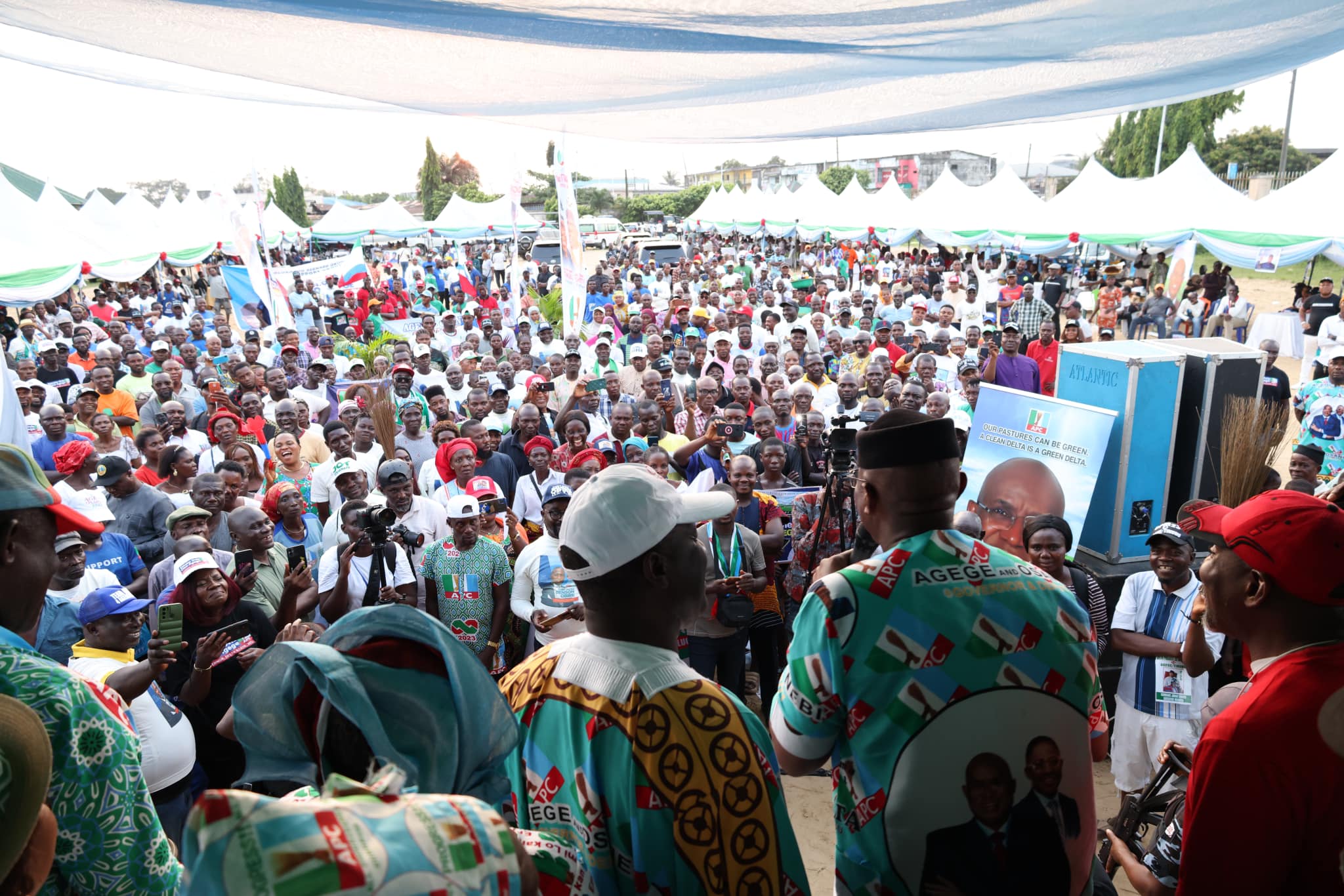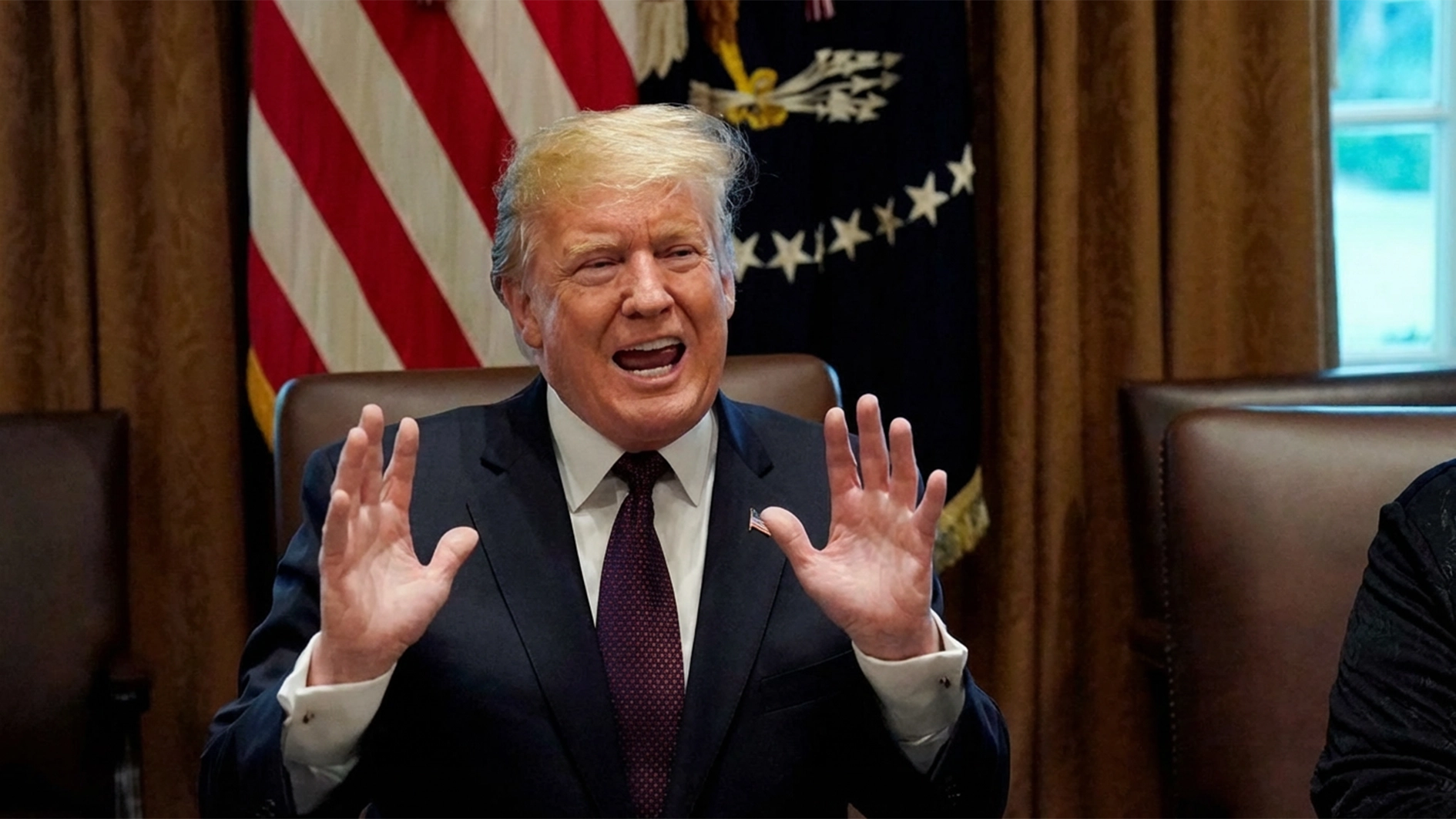
The primary responsibility of government is the protection of life and property of citizens, the same way he ‘must’ as a matter of trust, safeguard its sovereignty and territory integrity. The presidential structure of governance practice in Nigeria enables a liberal democratic system that decentralizes authorities among the three arms of government; Legislative, Executive and Judiciary across the tiers.
The arms of governments exercise distinctive powers within the confined of principles, including separation of powers, check and balance and rule of law as postulated in the Nigerian Constitution. With peculiar reference to Executive powers of the federation under Section 5 of the 1999 Constitution vested in the hands of the President authority to execute, maintain and enforce the provisions of the Constitution, including all laws made by the National Assembly.
In the case of the sub-national, the Governors are constitutionally entrusted to carry out the executive powers and other mandates within the boundary of a state. As applicable to the executive powers of the Federation, article II of the Constitution of Nigeria vests the executive power of the state in the governor, charge to execute the state laws, and other responsibilities.
It is clear that both the President and Governors derive their powers from provisions of Chapter VI, Part I, 130 (2) of the Constitution 1999 as amended, which states, “The President shall be the Head of State, the Chief Executive of the Federation and Commander-in-Chief of the Armed Forces of the Federation.” Part II, 176 (2) says, “The Governor of a state shall be the Chief Executive of that state”.
Although the executive powers vested in the federation supersede what resides iin the sub-national, the Governor, often referred to as a number one citizen in a state wields enormous powers upon other arms and organs of government within the state. And like the executive powers of the President, the Governor is responsible for the protection of citizens and the security of their valuables within the designated state.
The Governor also presides over the security council that comprises heads of all the security agencies, where intelligent matters that guarantee safety and prevention of security threats are discussed. By implication, actions and inaction on security matters stop on the Governor’s desk, There is little why residents would rather apportion blame to the government first in any case of breach of security protocol.
On the other hand, part II of the Police Act 2020 spelt out the general duties of the police, including prevention and detection of crime, apprehension of offenders, preservation of law and order, protection of life and property and due enforcement of all laws and regulations in which they are directly charged.
As enforcement agents, Police are legally under the obligation to receive directives through the executive powers to enforce the implementation of policies and deployment of force when necessary. Although the Act placed the control and commands of the police under the directive of the Inspector General of Police, the Commissioner of Police in the state also drew instructions.
Yet, there is no portion or provision of the Constitution, where the executive powers of the Governor are subject to the order of IGP. It is more compelling for the police under normal circumstances to recognize and even accord due regard to the executive powers in the state under whom the Commissioner of Police detail the security report of the state.
The argument that the IGP is responsible for the command of officers would always arise, especially in a situation where peculiar interest and influence intertwined with state interest even when the security agencies enjoy operational support from the state government.
In Kano, the unfolding development where a particular Federal security agency failed to carry out its primary responsibility of preventing the breakdown of law and order is raising dust. The ugly trend worsened sometime in June 2024 when Governor Abba Kabir Yusuf openly accused the Kano command of the police force then of disobeying his orders.
Before the aforementioned period, the Government had directed the then State Commissioner of Police to dislodge the deposed monarch Alhaji Aminu Ado Bayero from the Nassarawa Emir Palace, where he was alleged to have trespassed after a Court Judgment that ordered his vacation from the government property.
The order came upon the concluded arrangements for the general reconstruction and renovation of the property. However, the police disregarded the directive of Governor Yusuf. Instead, the police have chosen to obey another acclaimed directive from a Federal high court.
Incidentally, when the Court of Appeal passed a superior Judgment that nullified the pending matter at the Federal high court, the police again remained adamant and vowed to remain and sustain the protection of the property where Bayero presently reside since the appellate judgment had been appealed against.
A recent terrorist alert declared by the police on the eve of the National Maulud of the Tijjaniyya set also triggered a suspicious attempt by the police to scuttle the religious activities in Kano. It is believed that the police may have decided to prevent the event scheduled to be attended by the Emir of Kano, Mohammad Sanusi II, to rob the Shine off him. It is the same day Bayero was scheduled to attend a similar event in Bauchi.
All these unhealthy accounts indicated an orchestrated plot by interested parties to undermine the constituted authority and executive powers of Governor Yusuf, using the police as a tool. Would you then blame Governor Yusuf, an executive Governor and Chief security officer of a state, for raising the public alarm against the police?
There is no gain in saying that what has been playing out in Kano in the last eight months is part of political intrigues against the NNPP government in Kano ahead of the 2027 general election. The body language of the Political gladiators clearly shows that no stone is being left unturned in a faster move to claim and reclaim the soul of Kano.
However, what would be more dangerous to the national democracy is the path of security being used to midwife the dangerous plot that even threatens the executive powers of the constituted authority in Kano. Is the police not taking a side in the entire calculation? If not, where do they belong?
Against this background, there is an urgent need to draw the attention of the Federal government and top security echelon to the situation in Kano before it escalates. The police should equally respect the sanctity of the executive powers vested in Governor Yusuf and in a swift attempt to prevent anarchy in the state.
Police must adhere to Professional conduct, rules of engagement, discipline and respect for the rule of law at all times. As trained professionals with public resources, they should not be seen as enemies of the society they have sworn on oath to protect.
The security should rather as a point of duty redouble efforts towards the protection of life and property, which is their primary assignment, and ensure prompt deployment of more men to vulnerable areas in Kano rather than stagnating their gallant officers and operational vehicles at a particular designation in the last eight months in flagrant disregard to the verdict of the Court of Appeal.
• Abbas Hassan, a Civil Society Activist, wrote from Kano






